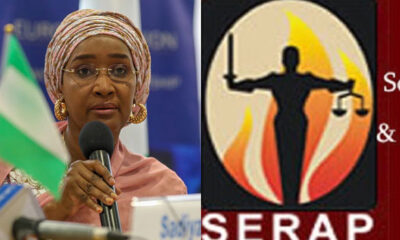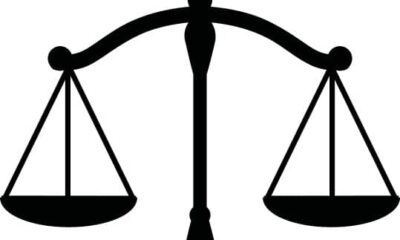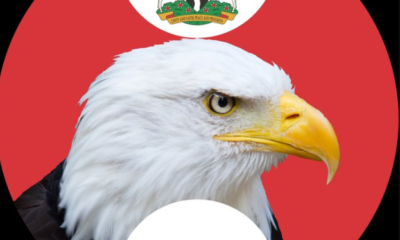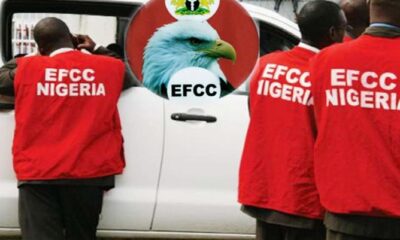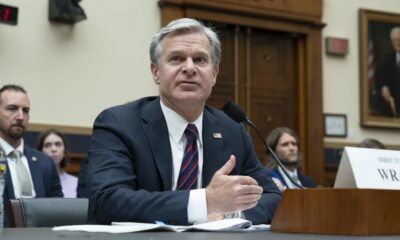NEWS
JUST IN: Cubana Chief Priest granted N10 million bail by federal high court

In a significant legal development, Pascal Okechukwu, popularly known as Cubana Chief Priest, has been granted bail by the Federal High Court in Lagos State.
The court approved a bail amount of N10 million along with two sureties in like sum. Cubana Chief Priest, a prominent businessman and socialite, entered a plea of not guilty to charges of tampering and abusing the naira during a social event.
The allegations against him include spraying and tampering with the nation’s currency at Eko Hotel on February 13, 2024. These charges relate to violations of the Central Bank Act of 2007.
Topnaija earlier reported that On Tuesday, the EFCC filed a three-count charge against the social media celebrity.
A copy of the document filed on April 4th by EFFC’s prosecutor Rotimi Oyedepo, SAN alongside seven other lawyers representing the chairman of the Commission read:
“That you, Okechukwu Pascal on 13th Feb. 2024, at Eko Hotel, within the jurisdiction of the court, while dancing during a social event, tampered with funds in the denomination of N500 (Five Hundred Naira) issued by the Central Bank of Nigeria by spraying same for two hours, and you thereby committed an offence, contrary to and punishable under Section 21(1) of the Central Bank Act 2007.”
“That you Okechukwu Pascal sometime in 2020, in Lagos during a social event, tampered with funds in the denomination of N500 (Five Hundred Naira) issued by the Central Bank of Nigeria by spraying same for two hours, and you thereby committed an offence, contrary to and punishable under Section 21(1) of the Central Bank Act 2007.”
“That you Okechukwu Pascal sometime in January 2024, in Lagos during a social event, tampered with funds in the denomination of N500 (Five Hundred Naira) issued by the Central Bank of Nigeria by spraying same and you thereby committed an offence, contrary to and punishable under Section 21(1) of the Central Bank Act 2007.”



